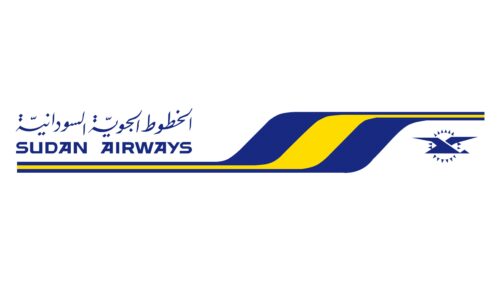Sudan Airways is a major airline in Sudan, operating both domestic and international flights. Established in 1946, the company has a rich history and is owned by the Sudanese government. It provides air transportation services to various destinations, including Africa, the Middle East, and Europe. With its main hub at Khartoum International Airport, Sudan Airways serves as a crucial link connecting Sudan to the rest of the world.
Meaning and history
Sudan Airways, founded by the Sudanese government in 1946, is the national flag carrier airline of Sudan. Throughout its history, the airline has achieved several significant milestones. In 1976, Sudan Airways became a member of the Arab Air Carriers Organization (AACO), enhancing its regional presence and collaboration within the aviation industry. In 2007, the airline introduced its first Airbus A300-600R, marking a milestone in its fleet modernization efforts. Sudan Airways has also expanded its route network, connecting major cities within Sudan and serving international destinations across Africa, the Middle East, and Europe.
However, in recent years, Sudan Airways has faced challenges due to economic and political instability in the region. The airline has struggled with financial constraints, aging fleet issues, and operational setbacks. To address these challenges, Sudan Airways has undertaken restructuring efforts and sought partnerships with other airlines to enhance its operational efficiency and improve service quality. Despite these challenges, Sudan Airways remains committed to providing air transport services and contributing to Sudan’s aviation sector. The airline continues to work towards revitalizing its operations and maintaining its position as a key player in the region’s aviation industry.
What is Sudan Airways?
Sudan Airways is the national flag carrier of Sudan, operating both domestic and international flights. With a history dating back to 1946, the airline has been a prominent player in the African aviation industry. It offers a range of services to passengers, including scheduled flights, cargo transportation, and charter services, contributing to Sudan’s connectivity with the rest of the world.








